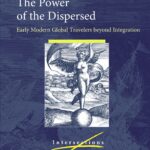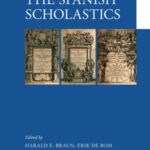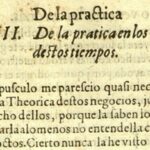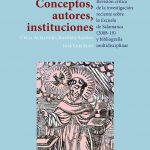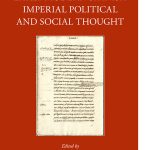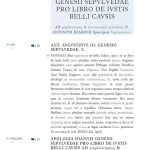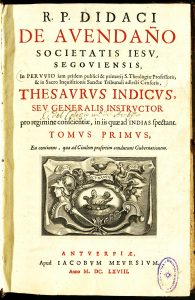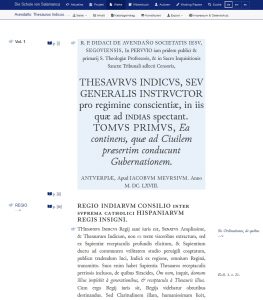Text: José Luis Egío
The “discovery” of America, a continent without precedents in the history of the Western culture, had a major impact on the way in which knowledge was produced by European scholars. Topics such as the impact of late fifteenth- and early sixteenth-century geographical discoveries on early modern Iberoamerican natural history, cosmographical, and medical knowledge and the parallel extension of empiricist imperial techniques in the Iberian monarchies during the sixteenth century have been already well established in historical research. On the contrary, scholars have approached only superficially the way in which other “discoveries” – of peoples, customs, practices, and normativities – affected legal thought.
Analysing in detail the writings of jurists and moral theologians trained at Salamanca or at the recently created Spanish American Universities, José Luis Egío shows in his most recent publication how the experience of the foreign lands became Continue reading “New Publication: “Travelling Scholastics” – The Contribution of Salamanca Scholastics to the Emergence of an Empirical Normative Authority in Early Modern Period”
